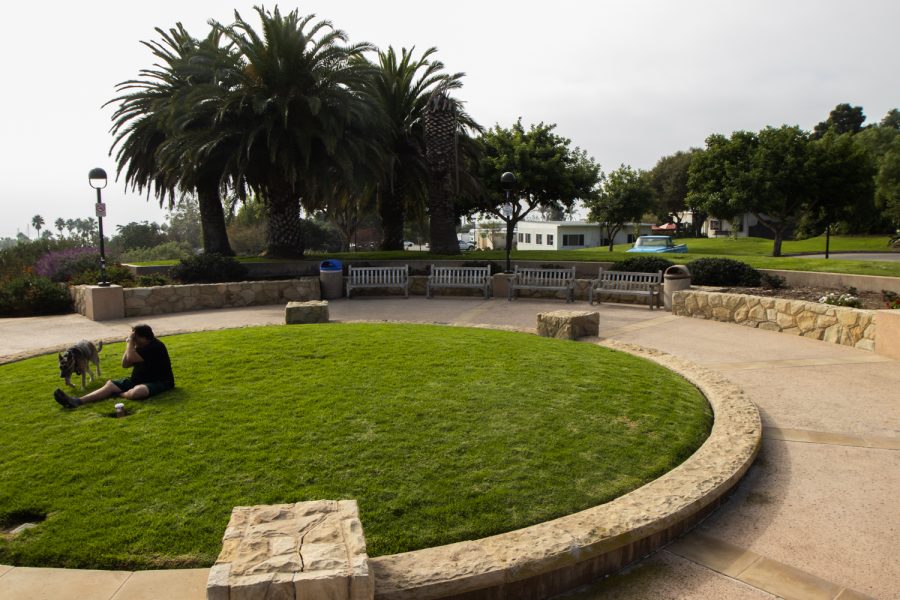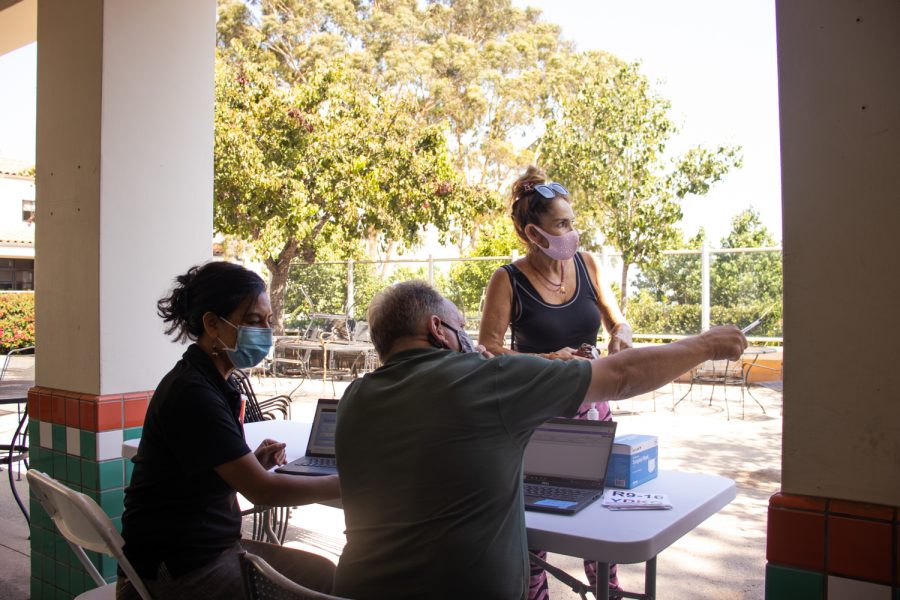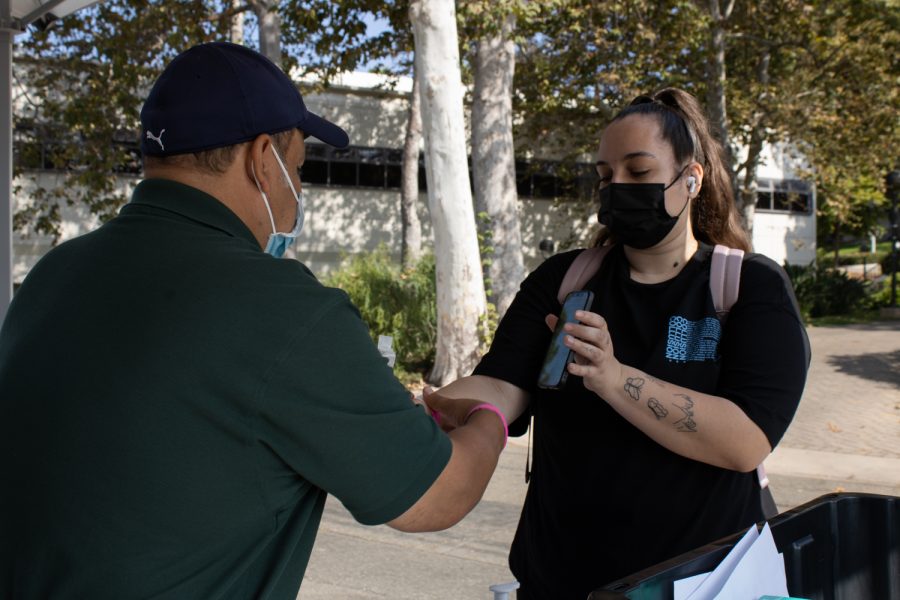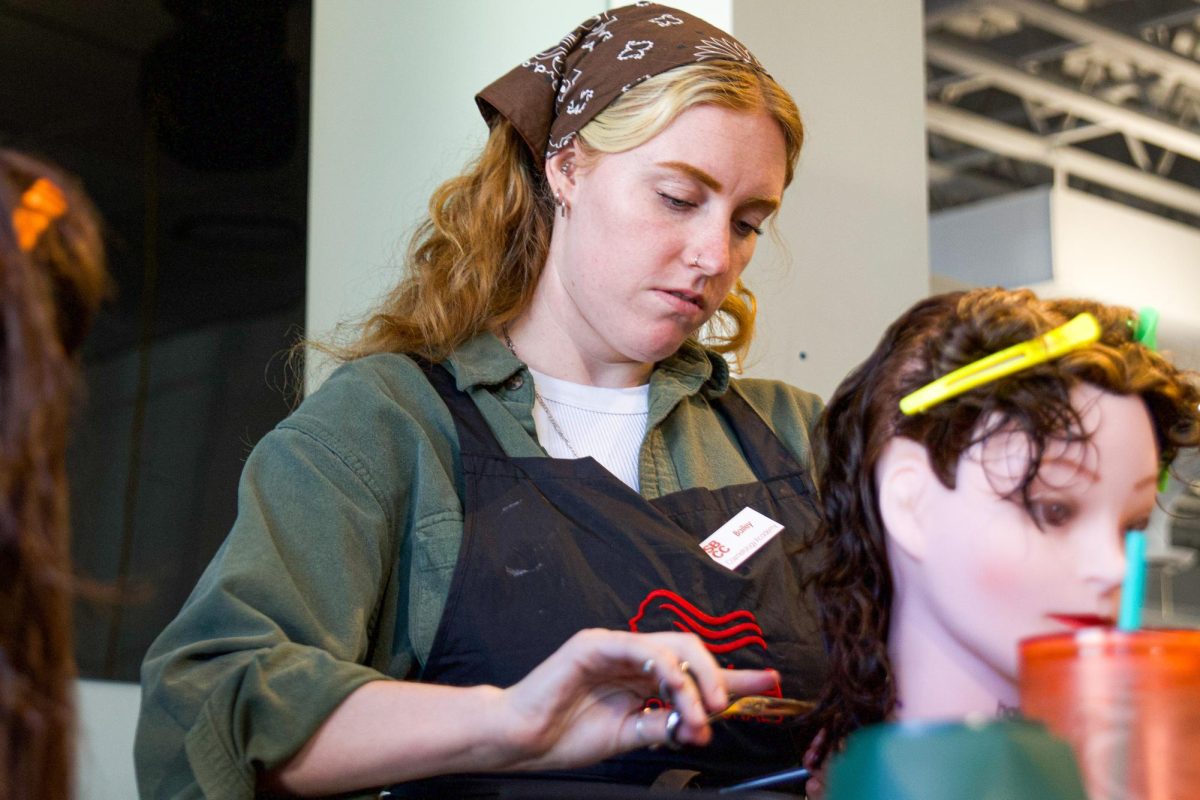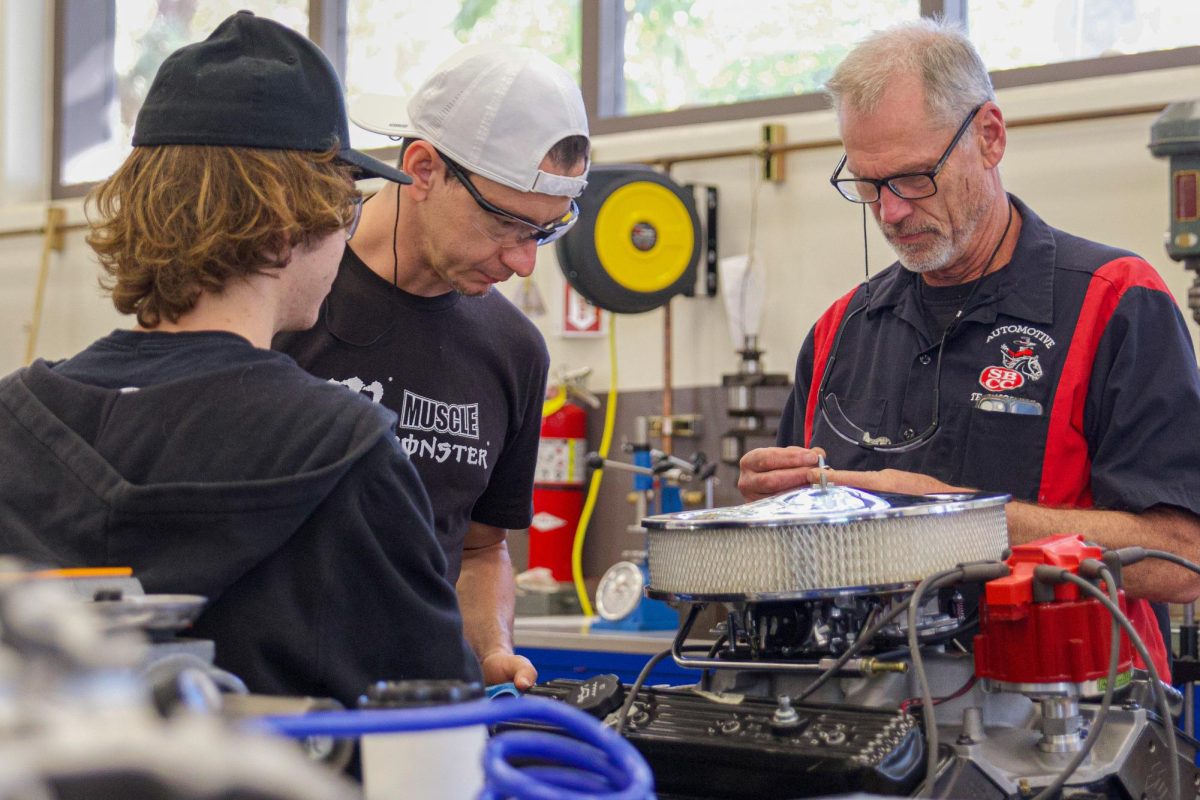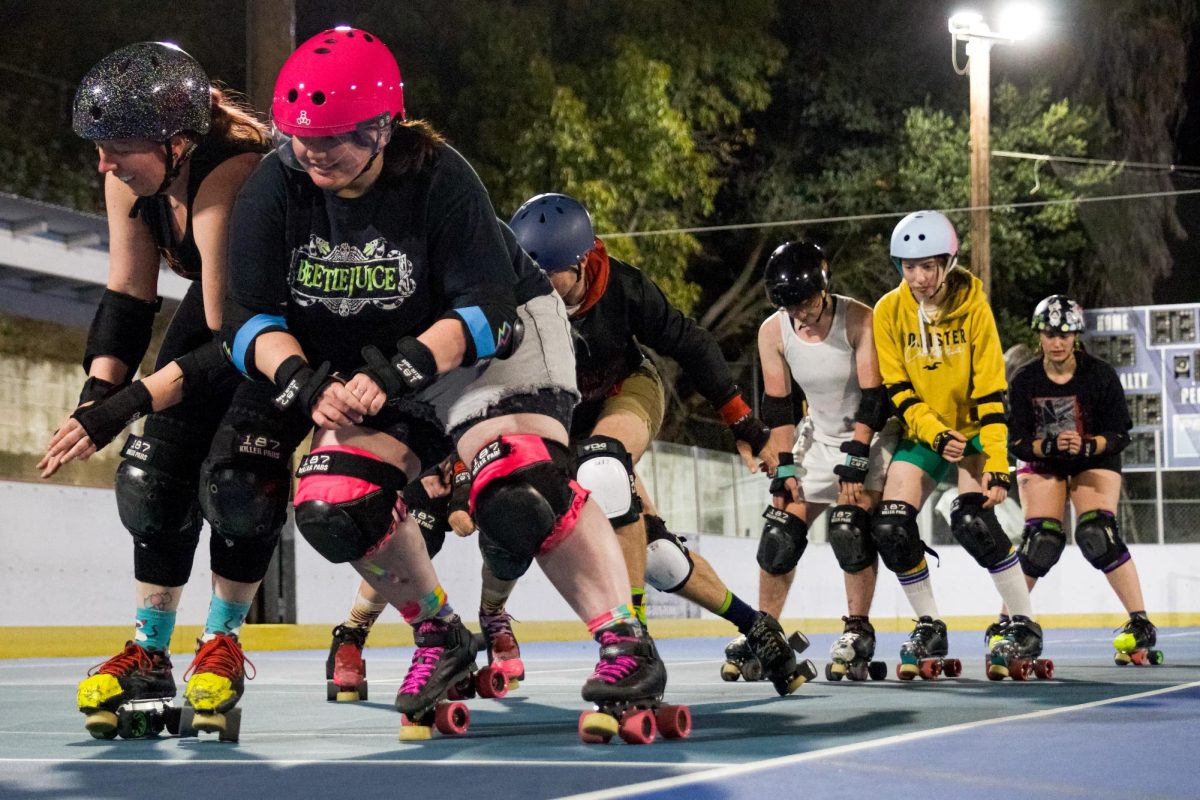It started by waking up with a sore throat.
When City College student Brianna Masel started coughing one mile into her usual three mile morning run, she knew something was wrong.
After texting back and forth with her twin sister, Masel decided to get tested. The next day she checked the results online and found out she had tested positive for the COVID-19 virus.
“I have no clue where I picked it up,” she said. “That’s the scary part.”
As of Monday, almost 9,000 Santa Barbara County residents have tested positive for COVID-19. Masel is one of the nearly 97% of county cases that have recovered.
Like many students, Masel lives in an apartment with five housemates. The positive test meant any time she was in a communal space she made sure to wear a mask, and to disinfect anything she touched.
“I pretty much didn’t talk to [my housemates],” said Masel. “I didn’t want to be the one to give it to everybody so I tried to confine myself to my room.”
The diligence paid off, as only Masel’s roommate tested positive. The three other housemates all tested negative.
Part of the Santa Barbara Community College District’s 15-page COVID-19 Prevention and Response Plan includes Student Health Services, who are offering remote assistance to all students this semester.
“Over the summer we worked to get a student portal in the student medical system,” said Director of Student Health and Wellness Laura Fariss. “It’s easier to access student records, and we have HIPAA compliant Zoom so students can be confident information is confidential like it is when meeting on campus.”
HIPAA is a federal law guaranteeing medical information cannot be disclosed without the patient’s consent or knowledge.
Student Health and Wellness offers online group counseling through The Well, in addition to telehealth services for personal counseling and medical appointments. Students can call a staff member at (805) 730-4098 during all regular office hours for more information.
Those showing symptoms of the coronavirus should self-quarantine for at least 14 days to prevent further spread.
Staying isolated was key for Masel to prevent further spread of the virus but socializing safely is important for mental health.
“Don’t just scroll through social media,” said Personal Counselor Alyson Bostwick. “Whatever you do, avoid crowded areas and places where people aren’t wearing masks.”
Masel was able to get treatment through her parent’s healthcare plan, and offered advice to those going through the same situation.
“Take it slow, talk to a doctor or health professional,” she said. “It’s going to be okay.”



